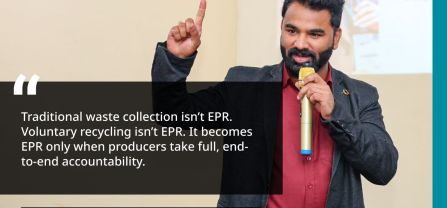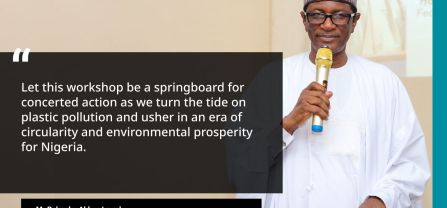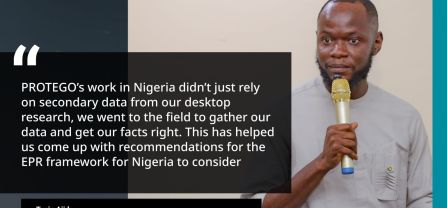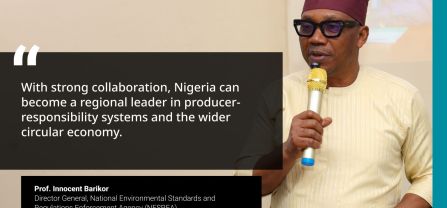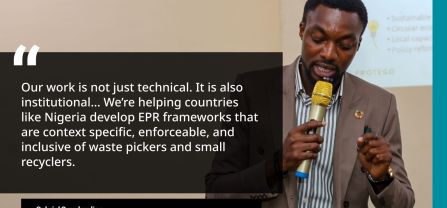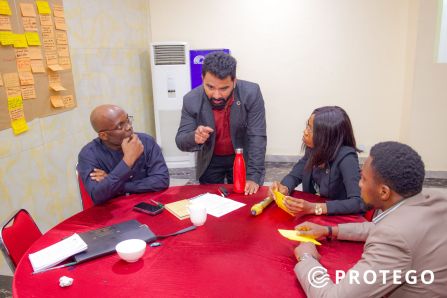
Laying the Foundation for Nigeria’s EPR Future: Insights from the Abuja Workshop
On Wednesday, 25 June 2025, PROTEGO and NESREA co-hosted a Capacity Building Workshop on Extended Producer Responsibility (EPR) in Abuja, uniting stakeholders across ministries, civil society, the private sector, and informal recycling networks. The event positioned EPR not as a compliance checkbox, but as a strategic tool to foster sustainable design, green job creation, and resilient supply chains.
The workshop opened with powerful messages from national leaders. Saleh Abubakar, Director General of the National Agency for the Great Green Wall, delivered the keynote address on behalf of the Honourable Minister of Environment Mr. Balarabe Abbas Lawal, highlighting that “EPR is a fundamental paradigm shift compelling producers to manage the full lifecycle of their products.” In his welcome remarks, Prof. Innocent Barikor, DG of NESREA, called for collaborative stakeholder action to position Nigeria as a regional frontrunner in EPR systems.
One of the key sessions featured Amar Munnolimath, Head of Green & Circular Economy Programme at adelphi, who introduced an EPR implementation toolkit. This toolkit aims to bridge the gap between policy and practice, offering tailored guidance to actors across the value chain: policy-makers, producers, recyclers, and waste pickers alike.
An interactive group session encouraged participants to pinpoint real-world implementation barriers and propose actionable solutions. Discussions ranged from product labeling and tracking, to data reporting requirements, enforcement challenges, and the integration of informal waste pickers into formal EPR schemes.
The diverse participation ensured that policy development is grounded in practical realities. Attendees included:
Federal ministries and regulatory agencies
Civil society organizations and NGOs
Producer responsibility organizations (PROs)
Brand owners and manufacturers
Informal waste-picker associations
Recyclers and local government officials
Insights generated during the workshop will directly contribute to NESREA’s national EPR roadmap, helping shape pilot activities under the PROTEGO project in Lagos and Calabar. These pilots aim to demonstrate how EPR can reduce single-use plastics, incentivize eco-design, and improve waste management across the Gulf of Guinea.
Scenes from the EPR Workshop in Abuja, Nigeria
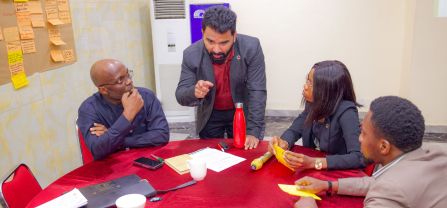
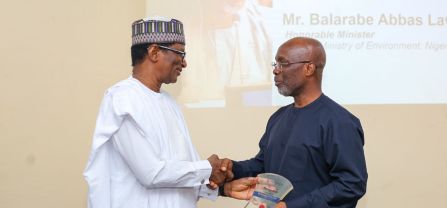
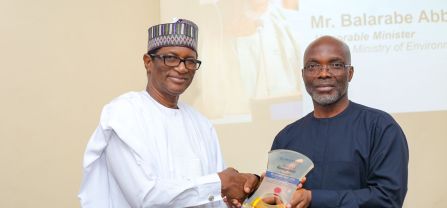
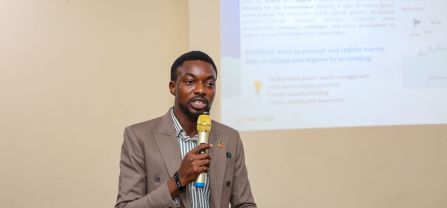
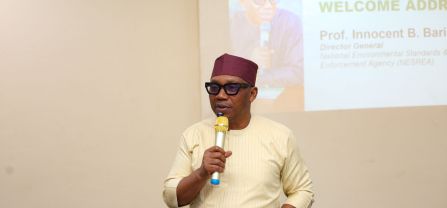
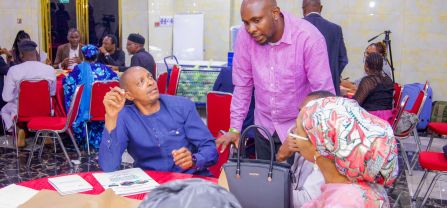
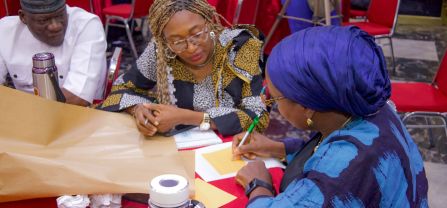
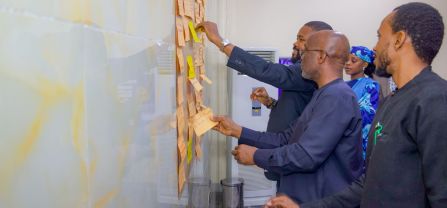
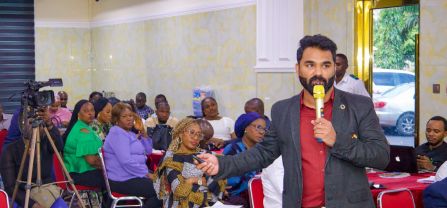
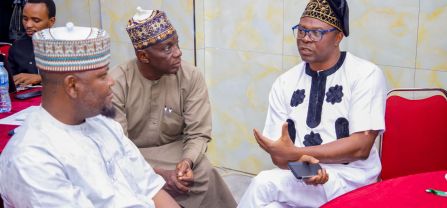
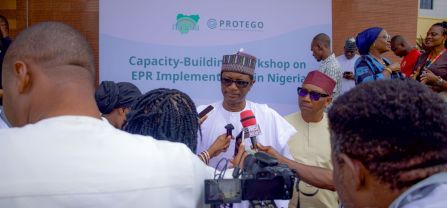
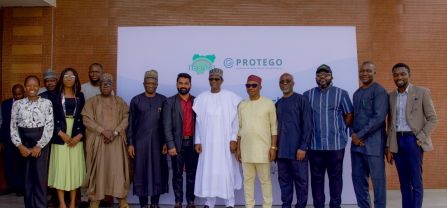
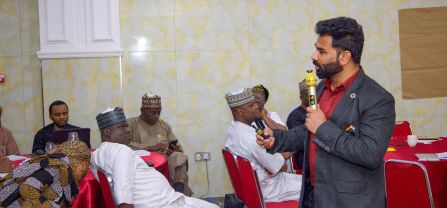
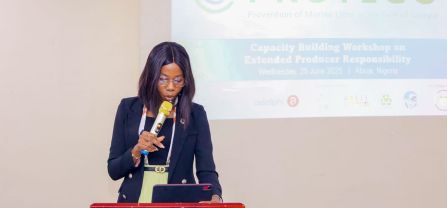
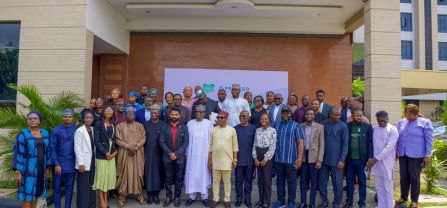
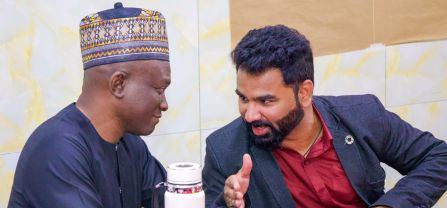
Key Outcomes at a Glance
EPR reframed as a driver of circular transformation, not just regulation
Toolkit launched to connect EPR policy with practical steps for stakeholders
Stakeholders identified real-world challenges and solutions during group work
Lagos and Calabar chosen as pilot cities for national EPR implementation
Key Messages from EPR Workshop, Nigeria
